An Orthodox Educational Centre in Ireland Remembering Saint Willibald
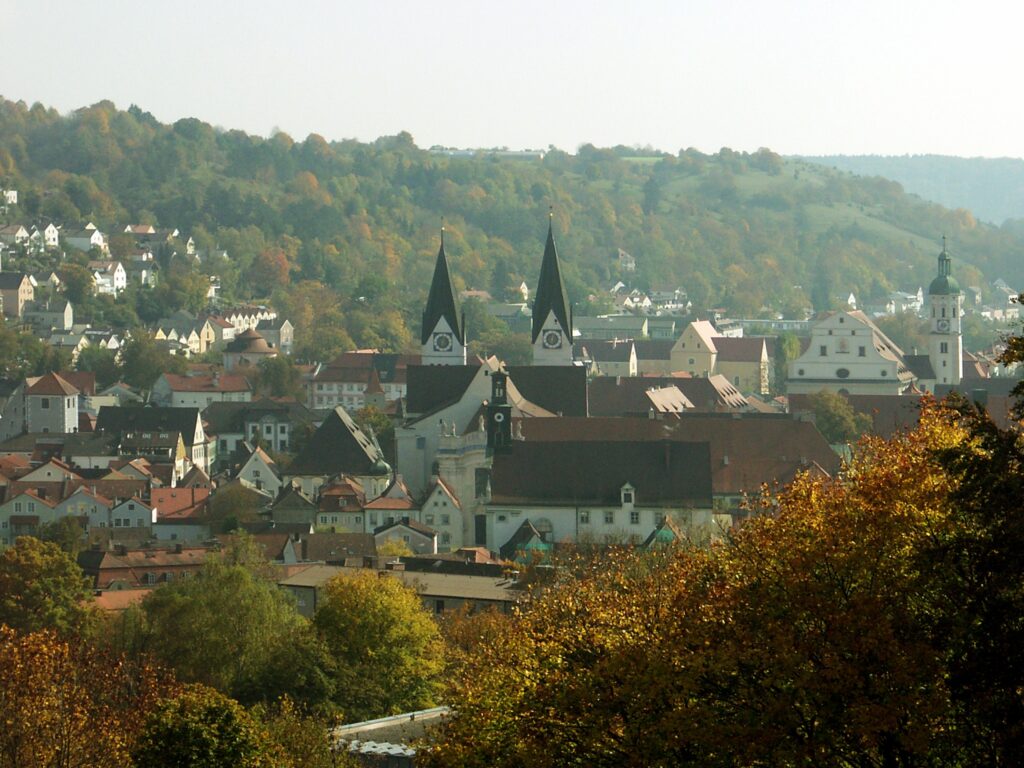
The spires of Eichstätt’s cathedral mark the grave of Celtic monastic Saint Willibald, whose missionary efforts transformed the Bavarian city into a regional heart of Christianity.
CC License by Martin Geisler.
Course sign-up 2025
We are delighted to offer a curriculum of classes in the Fall 2025!
Orthodox Educational Centre in Ireland
With the prayers and intercessions of Saint Willibald, we hope to establish an Orthodox Educational Centre in Ireland and Western Europe. Though often curious about Orthodoxy, many Westerners struggle to find educational resources through which they can explore the Faith or find a personal context through which they can ask questions and receive answers. Indeed, His Grace our Bishop Irenei has emphatically called for better Orthodox Educational options. We thus hope to plant the seeds through which Orthodox educational resources become more readily accessible, and fruitful for Orthodox Christians in Ireland.
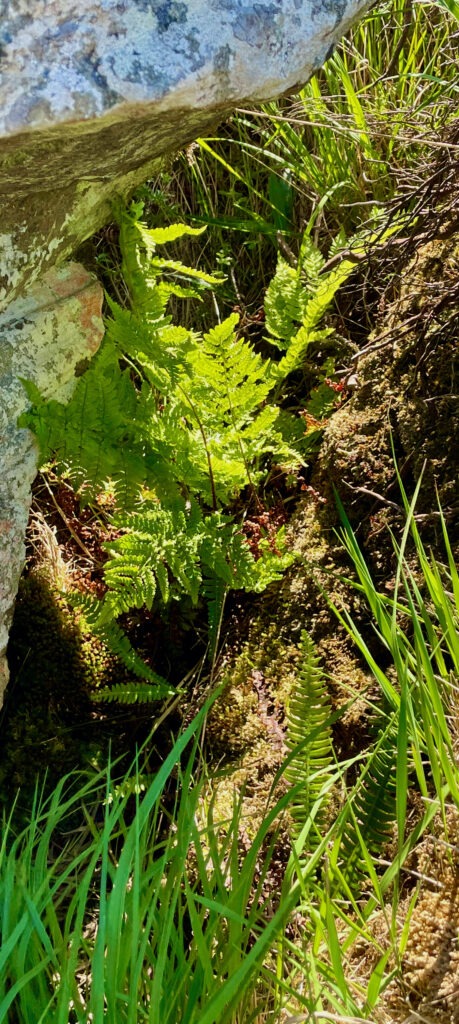
Fall 2025 Online Course Offering
We are delighted to announce a curriculum for the Fall 2025. Our initial survey results demonstrated a call for an Orthodox Educational Program in Ireland. Moreover, our recent workshop explored the challenges and possibilities of various options. Our goal is to organise indirectly, i.e. make Orthodox Educational classes more accessible by consolidating a list of possible classes, survey of interest, and help connect potential students and teachers. We look forward to see how the Fall 2025 courses progress.
Catechism Classes
We will begin Orthodox Catechism classes for both adults and children. The catechism class for adults welcomes both those who are interested in Orthodoxy and those Orthodox who wish to better understand their faith.
An Orthodox Book Club
In our survey, many expressed interest in Orthodox views on Christian Literature. Though not Church Fathers, authors such as CS Lewis, JRR Tolkien, and Dostoyevsky offer compelling ideas for Orthodox Christians. Drawing from the good advice of Saint Basil the Great, the goal will be to read our literary heritage in the proper framework of the Orthodox Faith.
Foreign Language Literacy Classes
We are developing several Foreign Language Literacy classes such as Romanian, Russian, and German. These classes would help students from foreign backgrounds develop literacy skills in their mother tongue, with the goal of passing the language examination as part of their secondary school degree (Leaving Certificate or A-Level examination).
Irish Orthodox Homeschooling Cooperative
In launching an Irish Orthodox Homeschooling Cooperative, we have decided to homeschool two of our children, ages 8-12. We are already coordinating with other Orthodox homeschooling families regarding curriculum, textbooks, and practical solutions. For interested families, we would be delighted to hear from you!
Supplementing Online Classes with In-Person Events
As many of our classes will be conducted online, we will conduct ongoing research into methodology and best strategies. Online learning, as a new technology, offers significant potential good in terms of being able to connect across distance, but also entails pitfalls and risks. In-person learning events, such as masterclasses and lectures, will be held to make living connections within the classroom, hopefully offering a foundation for lifelong faith and friendships.
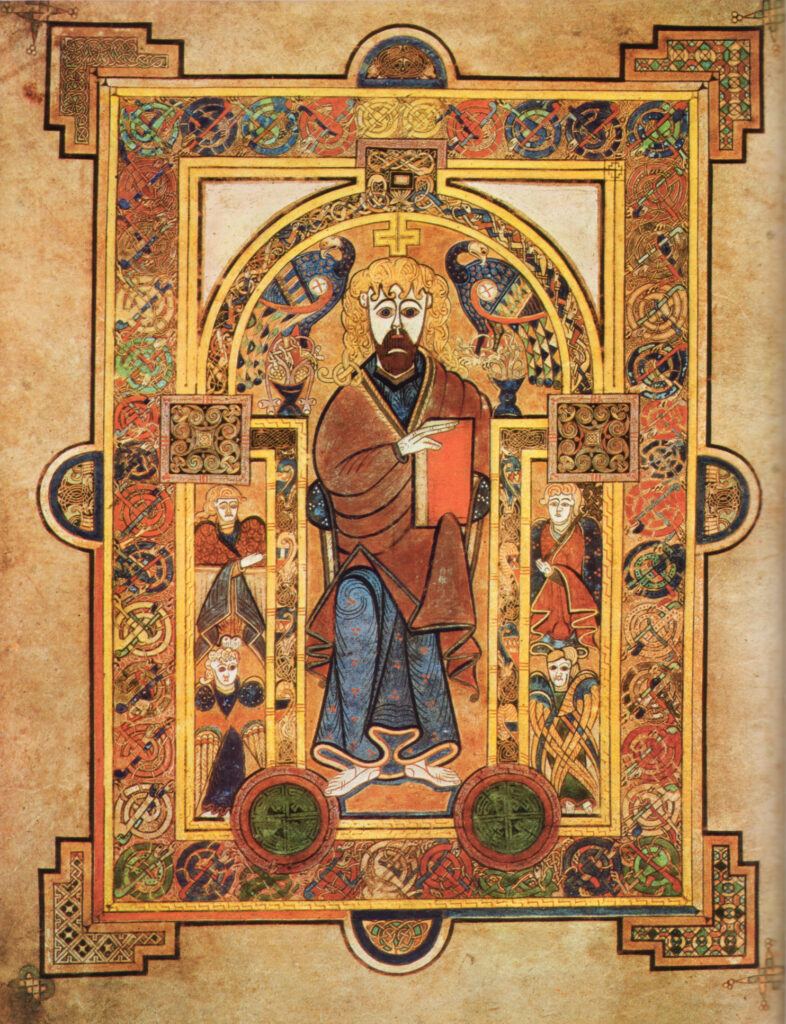
Image from WikiCommons
Who was Saint Willibald?
Irish-Trained, Classically Educated
As a three year old, Saint Willibald († 787 AD) survived a deadly sickness when his father, the King, laid him at the foot of a crucifix and dedicated his life to God. Obedient to this promise, the Anglo-Saxon prince grew up educated according to Celtic monasticism. Around the age of twenty (ca. 720), he travelled to the Holy Lands. During his voyage, he explored Italy, Greece, Asia Minor, and the surrounding region. He even resided in Constantinople at its height. He lived there for two years, in the Church of the Holy Apostles. This magnificent church, now lost, bore witness to the faith of its builder, Saint Constantine the Great.
Evangelist to Bavaria
Saint Willibald later assisted his family, many of whom became saints themselves. Together, they spread Christianity in the Bavarian region of the Frankish empire. Thus, the world in which Saint Willibald lived offers a unique glimpse of the transition between the Classical antiquity and the Early Christian Church, most of whose texts came from Greek and Latin. Moreover, educated in Celtic Christianity and exploring the Byzantine Empire at its height, Saint Willibald’s experience of shared Christian faith bears witness to the seamless unity of the pre-Schismatic Christian Church as it spanned Celtic and Byzantine Christianity.
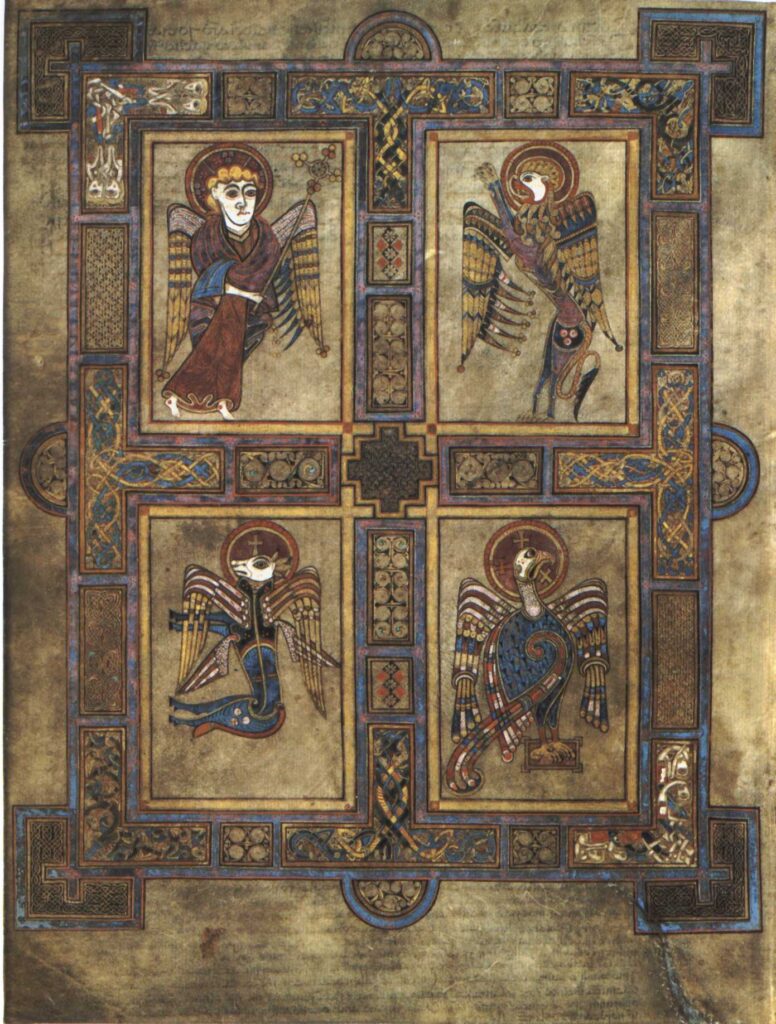
Image from WikiCommons.
One of the things we try to foster in our children is the responsibility to exercise and develop their God-given gifts, that these gifts were not given to them for their own benefit, but to offer the world on God’s behalf.
Annette, a homeschooling mother who attended our recent workshop.
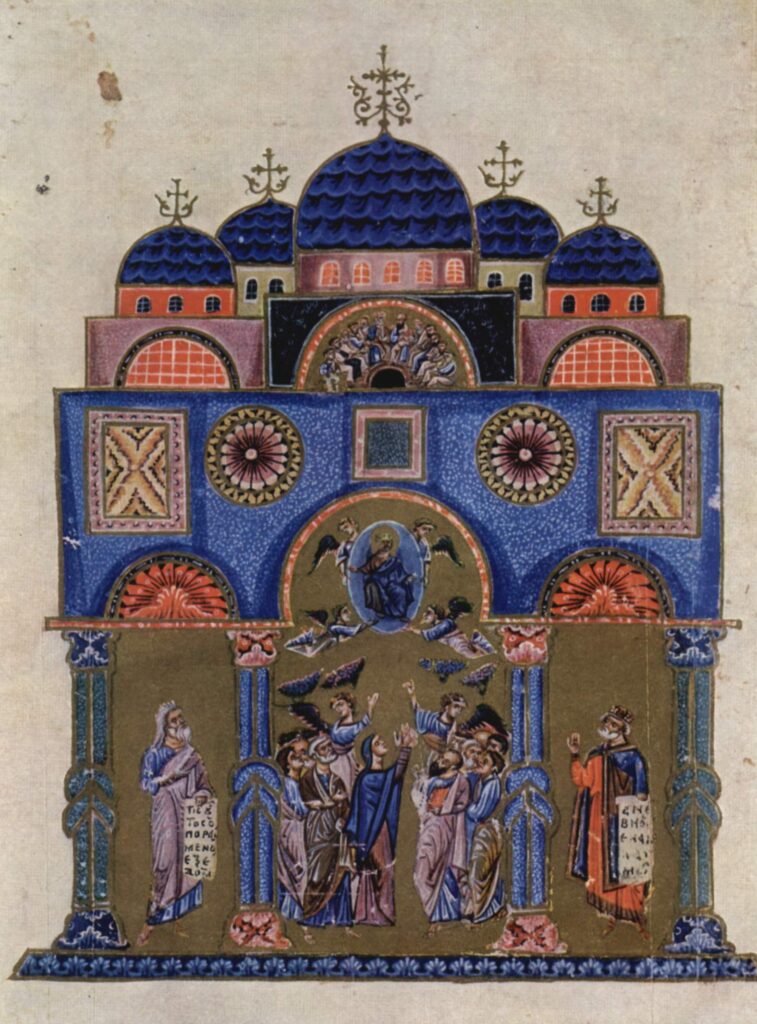
Image from WikiCommons